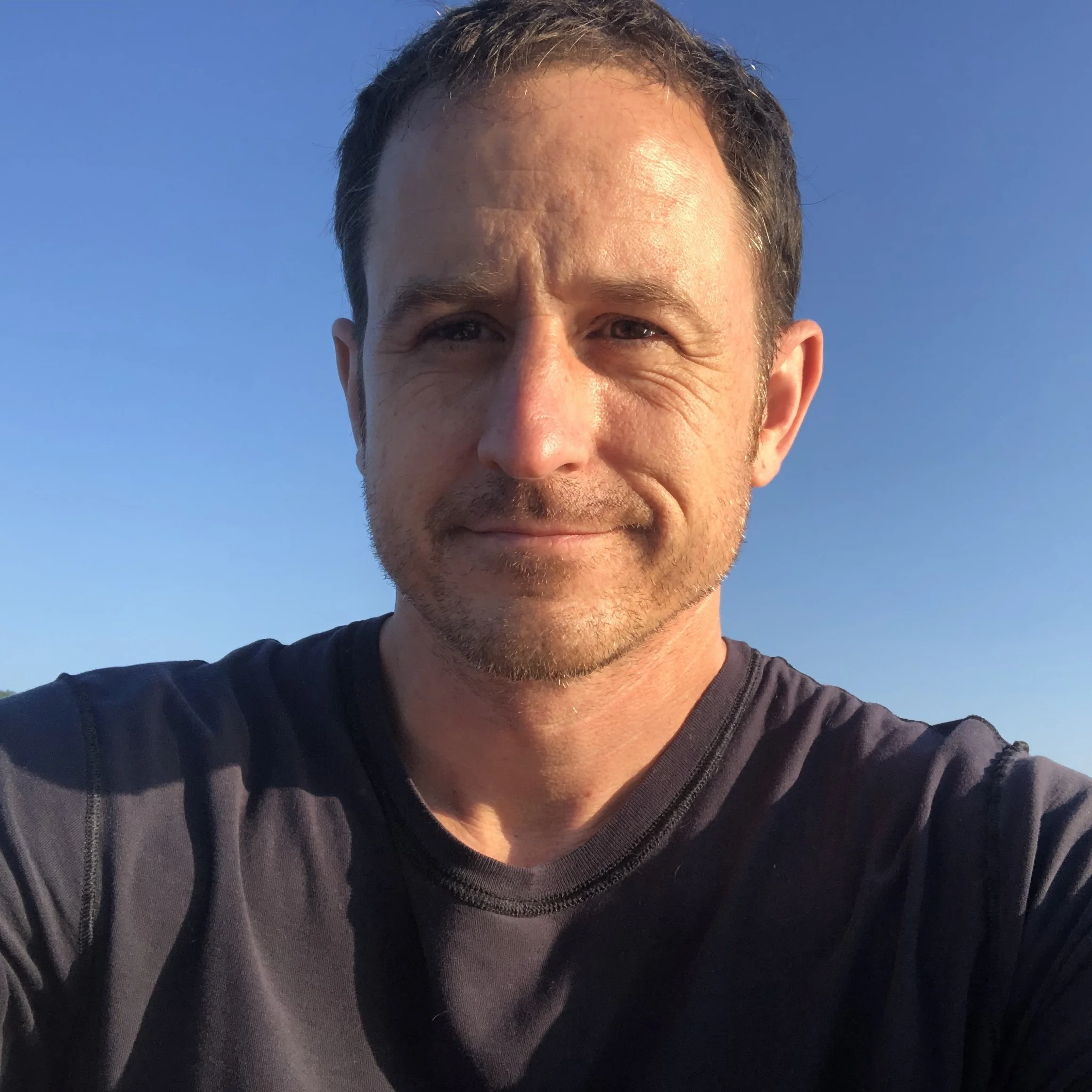ALICE SCHMIDT
/Global Sustainability Advisor · Co-Author of The Sustainability Puzzle: How Systems Thinking, Climate Action, Circularity and Social Transformation Can Improve Health, Wealth and Wellbeing for All
What is societal progress? I think the last 70 years, clearly, in the post World War II period, we have been thinking of economic growth and have been equating that with societal progress. To an extent of course that's right. To an extent, we need this economic growth to lift people out of poverty. We’ve kind of lost the reasoning. We have been following only this economic growth paradigm measured by the GDP, the Gross domestic product and we have forgotten that it measures many things, but it doesn't actually measure progress. It doesn't measure how healthy people are, how educated they are, how clean the environment is, how safe it is, how secure it is. It’s something where we really need to do a lot to transform those mindsets and in the end to understand that sustainability is about making their lives better and not worse.




















